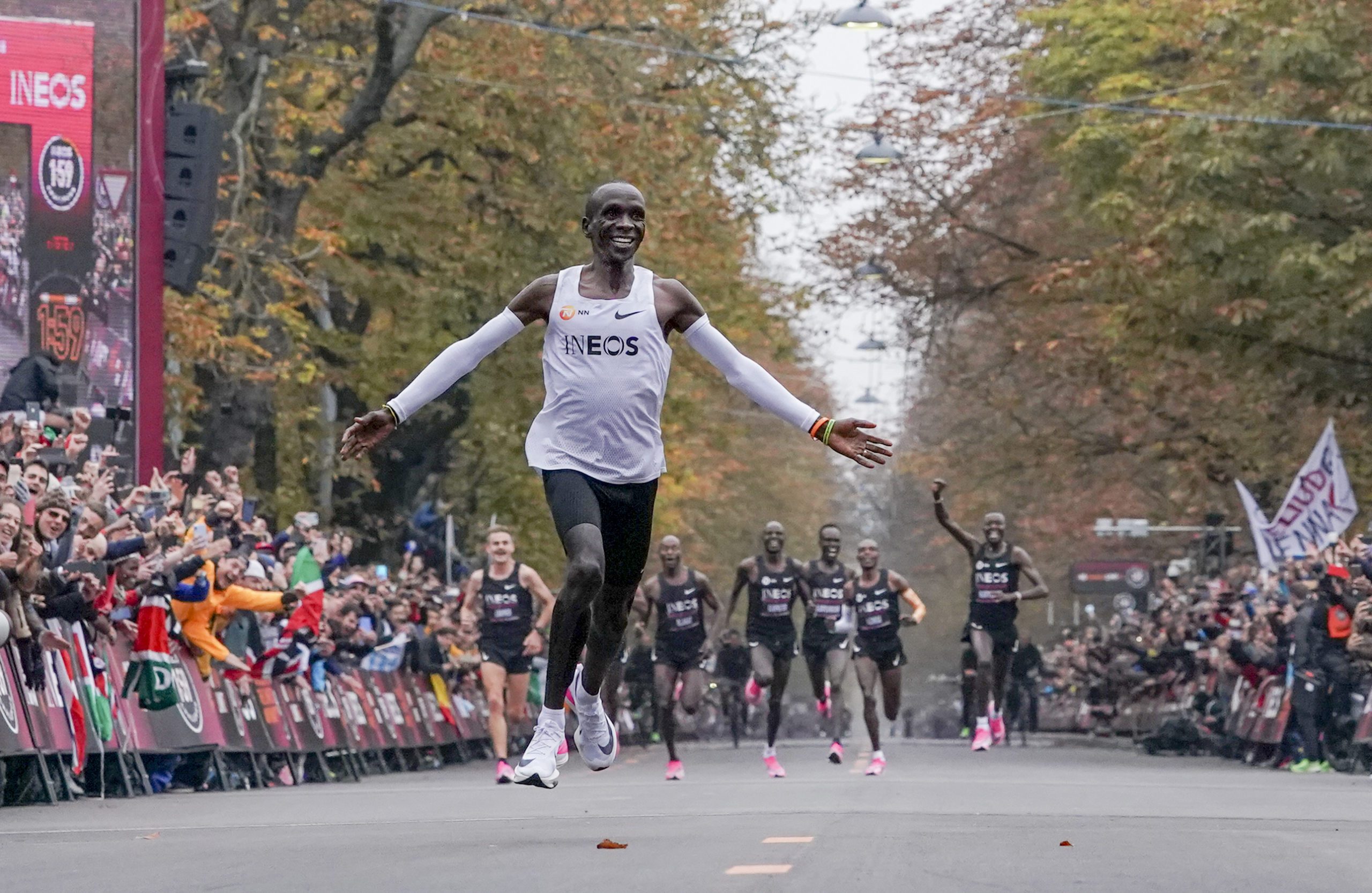The benefits of taking a break from running
We could all use some time off once in a while
We all love running, but no matter how passionate you are about the sport, there comes a time when you need to take a step back from it for a while. Many runners are afraid of losing fitness if they take time off, and while in the short-term this may happen slightly, a period of rest will allow you to see more progress in the long term. Check out these reasons why taking a break can benefit your running.

RELATED: 6 signs you need a day off from running
Increased muscle mass
A recent study published in the European Journal of Sport Science looked at the effects of a two-week detraining period in 15 endurance-trained male athletes and found that while they did lose some aerobic fitness, the participants actually had an increase in lean muscle mass, and they maintained their level of muscle endurance. Remember, you don’t gain fitness during your runs and workouts, you gain fitness when you’re recovering, so taking a bit of time off to really let your body rest can help your body recover fully. As for the aerobic fitness, it’ll come back faster than you think.
Prevent injuries
A lot of runners wait until they’re injured before taking a break, and end up having to take several weeks or months off, rather than a week or two. Even elite athletes have periods of no running built into their training plans, and so should you. A few planned breaks throughout the year can help prevent overtraining and stop injuries before they happen.

Prevent burnout
A couple of weeks of planned time off can help you reset and refocus, and it can help you appreciate running more. You know what they say, absence makes the heart grow fonder.
Bust through a plateau
If you feel like your progress has stagnated, a bit of rest may be exactly what your body needs to recharge, so you can tackle your next big goal with renewed energy. A short break will also give you a chance to evaluate your training and find areas that could be improved, so you can break through that plateau and achieve new goals.

Photo: Bob Martin for The INEOS 1:59 Challenge
RELATED: Why you’re sore from your day off of running
Post-race
A great time to take time off is after your big goal race. This gives you an opportunity to bask in the glow of a goal achieved, or, if the race didn’t go the way you wanted, to regroup before you start your next training block.


